The main idea behind creating Taboo Talks a public website is to let people feel free to share their experiences, ideas, views or content on topics they consider taboo.
Generally, the term is used to describe people who feel sexually, physically, or emotionally attracted to individuals of both their own and the opposite gender or sex. The term bisexual was first used in the 19th century to describe hermaphroditic species, i.e., having male and female reproductive organs.
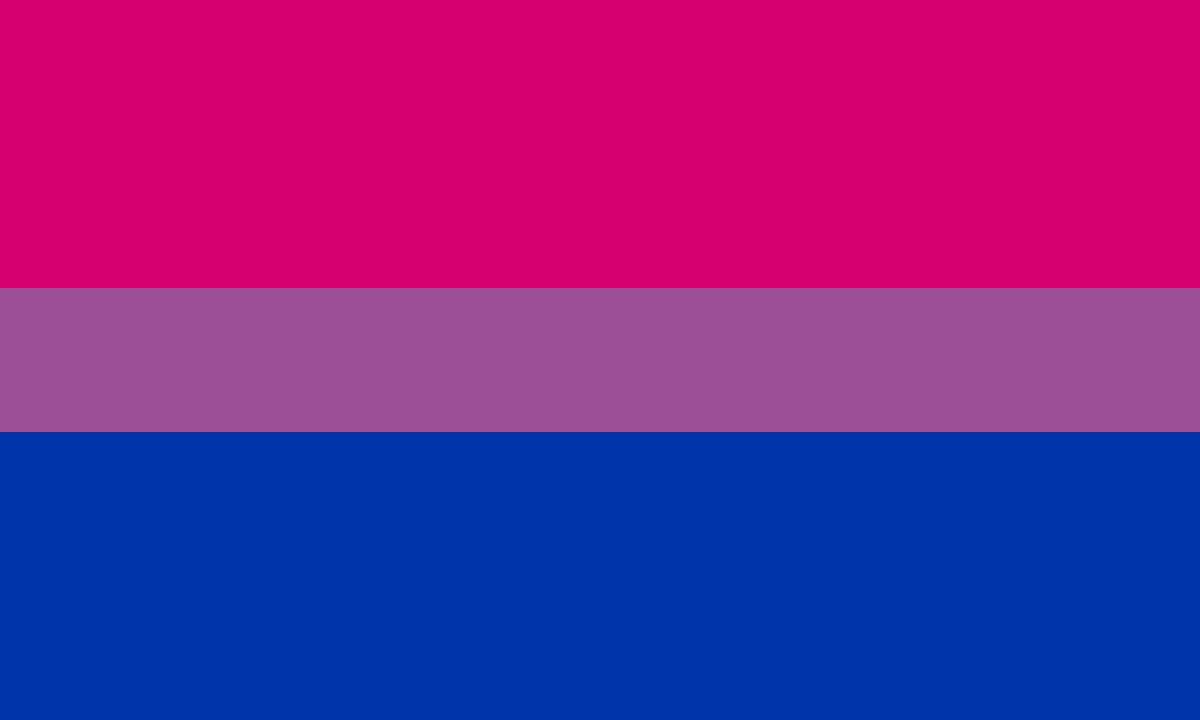
After the publication of Richard Von Krafft-Ebing’s PsychopathiaSexualis in 1886 (in German), the term began to be used in the context of sexual orientation. However, different people prefer different definitions to describe what bisexuality means to them.
“I call myself bisexual because I acknowledge that I have in myself the potential to be attracted romantically and/or sexually to people of more than one sex and/or gender, not necessarily at the same time, not necessarily in the same way, and not necessarily to the same degree.” –Robyn Ochs, LGBTQ Activist, in an interview with the Bisexual Resource Center.
Misconceptions around bisexuality
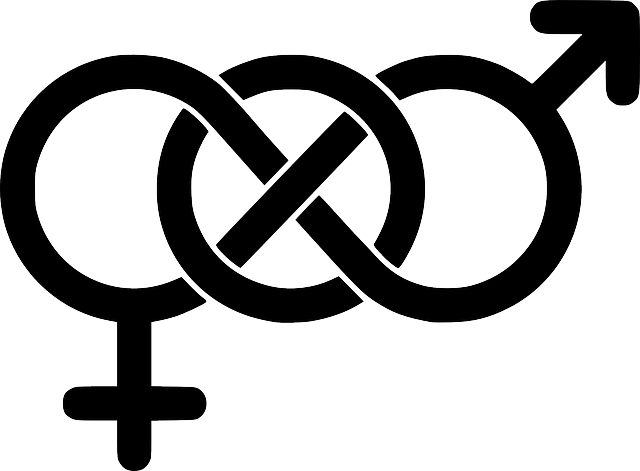
Oh, it’s just a phase. You will come out of it. Give in some time!!
Are you sure you are not confused??
Come on, man! Make up your mind and pick aside.
These are the phases that people are often met with when they come out as bisexual. They are more likely to face discrimination, bi-invisibility from both the heterosexual and LGBTQ+ community.
Does it mean you are equally attracted to both genders? (emphasis on equal attraction)
First, bisexuality does not mean 50-50 split or “half gay” “half straight,” and it certainly doesn’t mean you have to be in a relationship with both genders simultaneously.
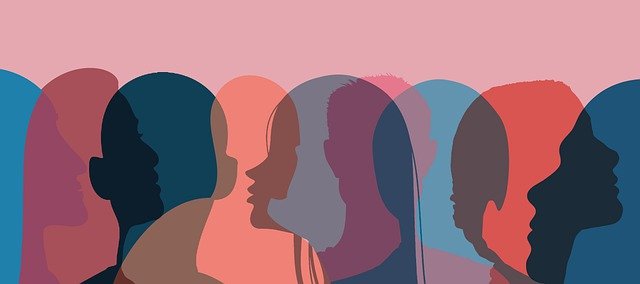
People may experience these attractions in different ways, and degrees during their life, and bisexual people don’t need to have had specific sexual experiences (or, for that matter, any sexual experiences at all) to identify as bisexual, according to the LGBTQ+ organization GLAAD.
It is often perceived that bisexuals are “likely to cheat” or are “untrustworthy” or are “hiding their homosexuality,” which is entirely a false conception. These misconceptions make it highly difficult for people to accept and create a negative image of bisexuality.
Bisexuality vs. pansexuality

Some people use the terms interchangeably, but there is a considerable difference.
Pansexuality refers to the attraction (physical, sexual, emotional) people experience towards all genders or genders, which is quite distinct from bisexuality. Pansexual people call themselves gender blind, asserting that their attraction has nothing to do with sex or gender. Yes, the terms might seem overlapping but are different.
How to help bisexual people?
LGBTQ communities are at a higher risk of experiencing adverse mental health and peer pressure around the globe. Almost half of the bisexual youth seriously considered suicide in the past year. Approximately 70% of bisexual youth reported feeling sad, hopeless, and in depression. These sexual assaults and rape consequences are severe for bisexual individuals in relation to their heterosexual, gay, and lesbian peers.
For help:-
- Talk to them
- Don’t force the issue or put pressure on them
- Ask them to seek help
- There are various helpline numbers for the LGBT community
- Don’t avoid them
- Seek professional help
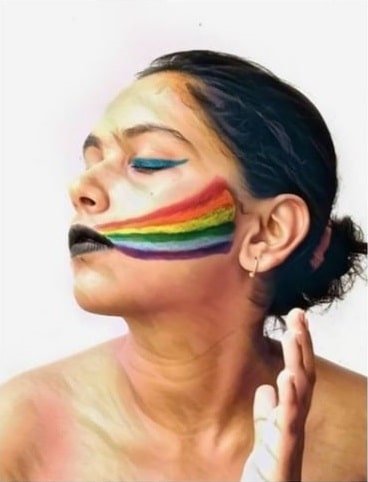
Bisexuality is an identity on its own; all you need to do is Accept and embrace it.
An individual does not have to go through a validation test to determine their sexual orientation or doubt “are they bi enough.” There is no definite way of identifying your sexual orientation, and it’s a journey you take on and discover who you are.
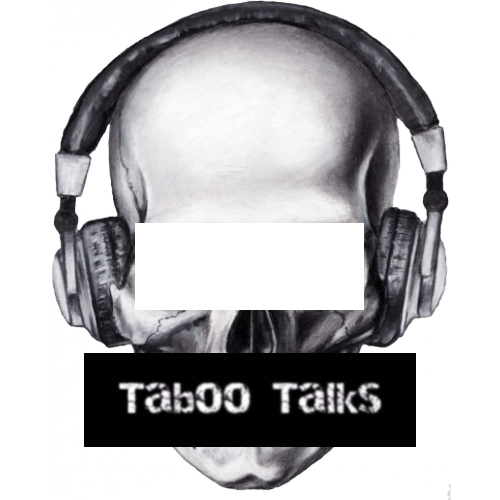

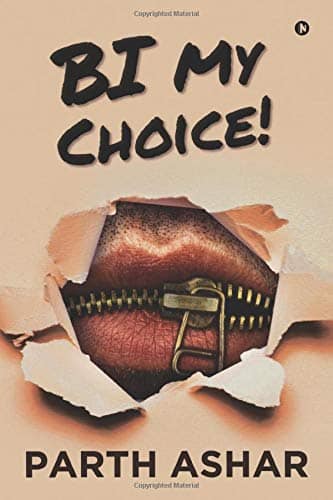



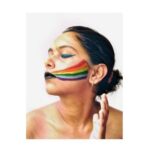

❤️🌈